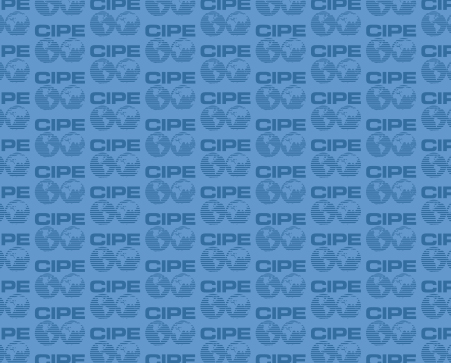
At the Sixth biennial assembly of the World Movement for Democracy, this year held in Jakarta, Indonesia, I heard a recurring theme in many of the workshops and conversations in between sessions – corruption is a large and growing problem for democracies around the world. Corruption effects established and emerging democracies in strikingly similar ways; it decreases the legitimacy of existing institutions and creates a high level of cynicism among voters. Perhaps the issue was always there, but advances in information technology and greater access to a multitude of channels of communication has brought the issue out of the shadows.
Economically, to say nothing of the moral implications, corruption costs businesses money, dampens the public’s confidence in a better future, and misallocates vast amounts of government resources. In his opening address, Indonesian President Dr. Susilo Bambang Yudhoyono noted that democratic and economic growth are not mutually exclusive and elections alone will not solve the issues of poverty, corruption and unemployment, democratic governance is vital to delivering on the promise of democracy.
On a site visit to the Komisi Pemberantasan Korupsi (Corruption Eradication Commission) participants from the World Movement got to question the Indonesian government agency responsible for tackling the endemic level of corruption in the country. The KPK has been extremely successful in prosecuting high-level corruption cases, but the methods and tools the agency uses in pursuit of corrupt actors, including warrant-less wireless taps, have caused some to question the cost in terms of the balance of power and have called for checks against the powers of the KPK.
One of CIPE’s partners, Indonesia Business Links (IBL), has chosen to work on the issue of corruption from the ground up, first creating a sense of why corruption should be eradicated since many people still believe business is just done faster by greasing a palm. IBL then works with the business community and domestic and international partners to come up with concrete solutions to ethical issues that managers and owners face on a daily basis.
Both the demand and supply sides of corruption must be addressed in order to gain some control over the situation. Top-down government efforts combined with bottom-up private sector initiative and political leadership that is willing to tackle the issue can begin to fight endemic corruption and build the institutional framework that will allow democracy to deliver for all citizens.
Published Date: April 22, 2010